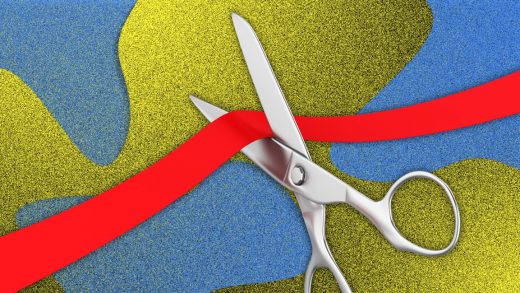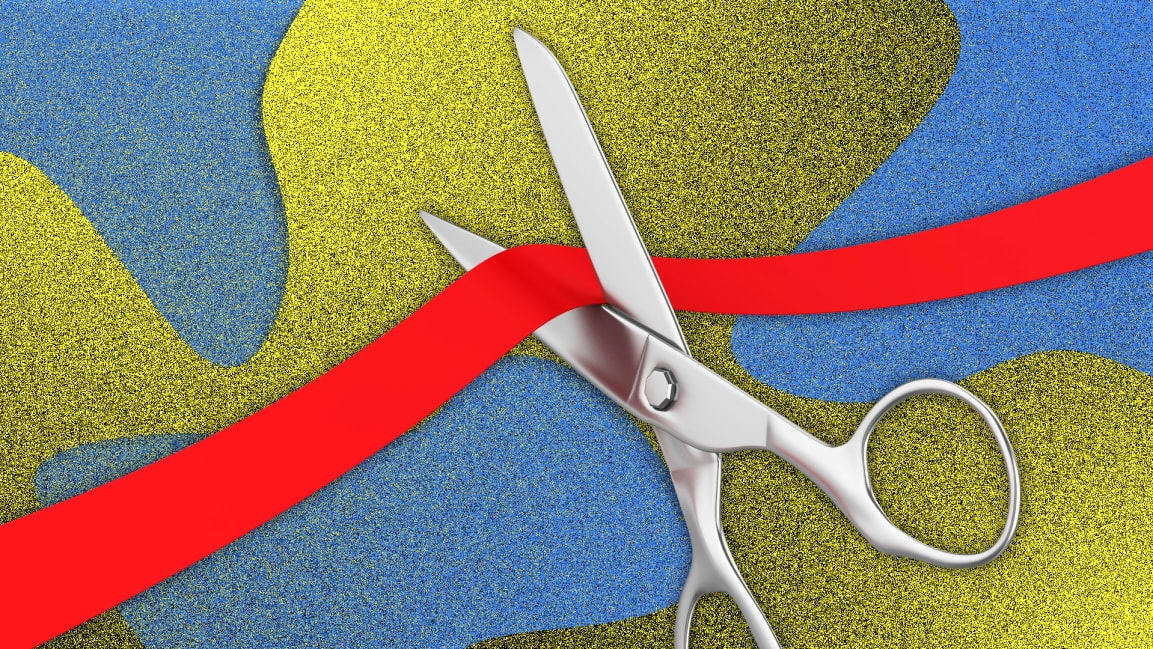3 reasons why 2021 will be the best time to start a business
Today, amidst all that is happening in our country and the world, is the best time to launch a business.
For one, I fundamentally believe there’s never really a “wrong” time to start a business. Either way, you’re going to face challenges. Either way, you’re going to have to deal with some level of competition. So instead of waiting for the perfect time, you might as well dive right in.
But more concretely, the economy right now is fertile ground for entrepreneurs and business owners. Interest rates are as low as they’re ever going to get. Millions of people are looking for jobs, which means labor markets are abundant. The rise of “working from home” has opened a larger pool of talent to choose from when hiring. And most importantly, major industries are showing their vulnerabilities—which means opportunity for entrepreneurs savvy enough to invent new, compelling solutions.
There are a handful of trends that have emerged over the past year that will certainly begin to accelerate as we head into 2021. For one, as we get closer to creating a vaccine for the coronavirus, there will be a massive amount of pent-up demand for consumers who have been waiting to travel, go to concerts and sporting events, and even just get back to shopping in retail stores and dining at their favorite restaurants. At the same time, some of these other trends like remote work and leaner workforces I believe will also continue to accelerate—so finding ways to capitalize on both will be crucial for entrepreneurs.
Whether you’re looking to launch a new product or start a business in the near future, these are the three big trends I would encourage you to keep a close eye on in 2021.
1. The rise of at-home health products and remote wellness
Health and wellness products are certainly going through a major push right now.
Over the past year, I have talked to dozens of entrepreneurs in a wide range of industries: supplements, at-home genetic illness analysis, testing, home fitness, you name it. All of these businesses have quintupled in revenue in the last six months. And while I do believe this growth will most likely deflate a little bit initially after there’s a COVID-19 vaccine, I also foresee this trend roaring back with even more sophisticated products not long after.
For example, just in the at-home fitness market, sales of dumbbells and weight plates on eBay increased around 1,500% this year compared to 2019. Private-label vitamin and mineral supplement sales jumped 1,286% compared to a year ago. And according to CNBC and a study done by consulting firm Bain & Company back in May, “Only about 3% to 4% of grocery spending in the U.S. was online before the pandemic, but that’s surged to 10% to 15%.”
If there’s one thing the coronavirus really showed society as a whole, it’s that many of the ways we thought to take care of ourselves (going to the gym, going to the grocery store, etc.) can, in some way, also be done at home. I don’t believe after COVID-19 the everyday person will stop leaving their house and only want to work out at home and have their groceries delivered. But more and more, people have certainly found it to be a convenient alternative on certain days when they need it.
2. The diversification of supply chains
Many businesses outsource manufacturing to other countries: China and Mexico being two of the most common. But depending on how trade wars continue between America and these other countries will heavily impact many businesses here in the states.
That said, there has also been tremendous innovation and investment around manufacturing automation. And so, depending on the product, price point, and consumer base you’re targeting, it could begin to make sense to manufacture here in the United States as opposed to outsourcing those efforts to another country. You can also control all parts of your process a lot more easily than if you were to do so overseas. For example:
The trend that is emerging is that more and more entrepreneurs are beginning to realize how risky it is to have their entire business reliant on one supply chain, or one manufacturing partner. If something happens politically, or even just with their partner in the business, all of a sudden they’re in a tough situation. So, if you’re launching a new product or venture, I would strongly encourage you to at least have other supply chain options at your disposal and know what the possible implications would be if something were to go wrong.
3. The acceleration of e-commerce
E-commerce is quickly establishing itself to be the best and easiest way to launch a product and/or business.
From a testing point of view, it’s much more effective to engage and gather feedback from customers online than if you were to try to do something similar as a brick-and-mortar type of business. Facebook and Google remain the easiest ways to market to broad customers and also end up leading to the highest margins—because you end up owning the relationships you have with your customers directly (as opposed to someone walking into a store, buying a product, and leaving).
That said, I believe it’s important for businesses to maintain as much control over the shopping experience as possible. I would try to stay away from third-party ecommerce sites—including Amazon. A year ago, Amazon was driving 95% of our ecommerce sales here at Hydros. But at a certain point, we realized how much we were leaving on the table by building a business on their platform instead of driving customers to our own website, and actually capturing their information. We pivoted, and today Amazon represents 0.5% of our sales. It’s more of a marketing tool than anything else.
The reality is, the coronavirus has severely impacted both retail and mom-and-pop style businesses. Many have either pivoted to ecommerce, or gone out of business. I am still a believer in retail, and I think long term the category will come back and thrive in new, exciting ways.
But especially for entrepreneurs looking to launch a new product or venture in the world today, you are far better off starting online and then pursuing any kind of brick-and-mortar distribution later on down the road.
Winston Ibrahim is the founder and CEO of Hydros.
This article originally appeared in Minutes and is reprinted with permission.
(23)



